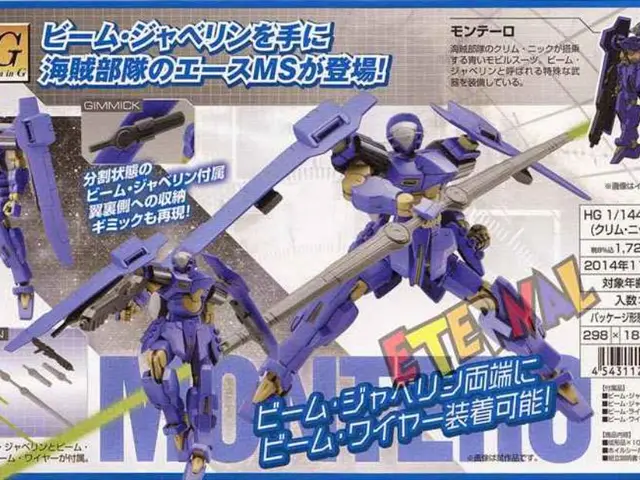Military intends to acquire Tesla Cybertrucks from Elon Musk, reportedly for destruction using missiles, with reasons detailed below.
US Air Force to Test Tesla Cybertrucks in Live Missile Fire Exercises
The US Air Force has announced plans to use Tesla's Cybertrucks in live missile fire testing at the White Sands Missile Range in New Mexico. The decision comes from the unique durability of the Cybertruck, which is believed to be resistant to damage and a potential threat in future battlefields.
The Cybertruck's durability is attributed to several factors. Its exoskeleton, made from ultra-hard 30X cold-rolled stainless steel, is corrosion-resistant and highly dent- and damage-resistant. The vehicle also features bullet-resistant panels and a distinctive angular shape, both of which may deflect or minimize damage impacts. Additionally, the Cybertruck's 48V electrical architecture offers better power and efficiency, making it different from conventional vehicles in endurance and performance under stress.
For the testing, the Air Force will procure the Cybertrucks drained of fluids and batteries removed to avoid risks like lithium-ion fires during impact. These tests are part of the Special Operations Command's Stand Off Precision Guided Munitions (SOPGM) program, testing advanced air-launched weapons on realistic and potentially resilient target vehicles.
Interestingly, Elon Musk, the founder of Tesla, has speculated about the Cybertruck's potential military applicability and promoted it as being "apocalypse-proof." During the vehicle's unveiling in 2019, Musk claimed the Cybertruck's windows were unbreakable.
The US Air Force is not the only military entity interested in the Cybertrucks. Reports from The War Zone, a defense sector news website, suggest that the US military is planning to buy 31 other vehicles for potential destruction, in addition to the Cybertrucks. This interest in the Cybertrucks stems from their exceptional durability, which the Air Force believes may be useful in preparing units for operations involving next-generation battlefield threats.
Despite an "ugly feud" between Elon Musk and US President Donald Trump, the planned purchase of Cybertrucks by the US Air Force does not seem to be affected. The testing is scheduled to take place at the White Sands Missile Range, a significant military facility in the USA, and will involve missile fire, suggesting a military application for the Cybertrucks. The Cybertrucks will be used as targets for "live missile fire testing" by the US Air Force.
- India's Bollywood industry, known for its high-energy films showcasing grand vehicular chases, might find the resilience of Tesla's Cybertruck intriguing, given its durability and potential survival in extreme conditions.
- In the sprawling Indian automotive sector, with a steadily growing focus on technology and environmental sustainability, Tesla's Cybertruck might emerge as an inspiring model for future vehicles aimed at energy efficiency and rugged design.
- Financiers and investors in India's burgeoning gadgets and technology industry, often keeping an eye on global innovations in these areas, are sure to follow the US Air Force's testing of Tesla's Cybertruck with keen interest.
- As the Indian transportation sector undergoes rapid modernization, the resilience demonstrated by Tesla's Cybertruck in live missile fire testing might spark discussions about how such tech could fortify military vehicles or civilians' daily commute options against unforeseen challenges.








